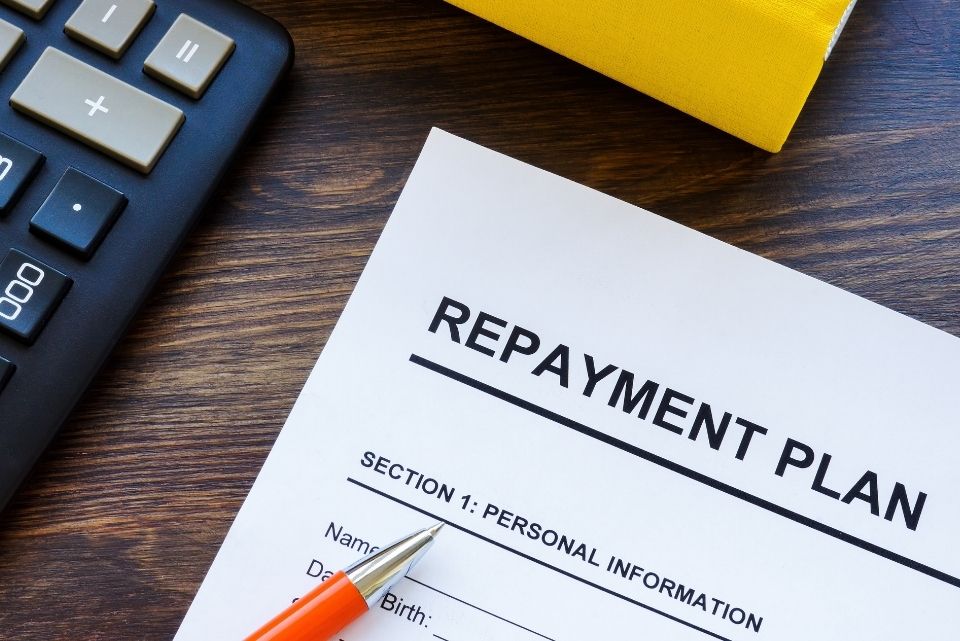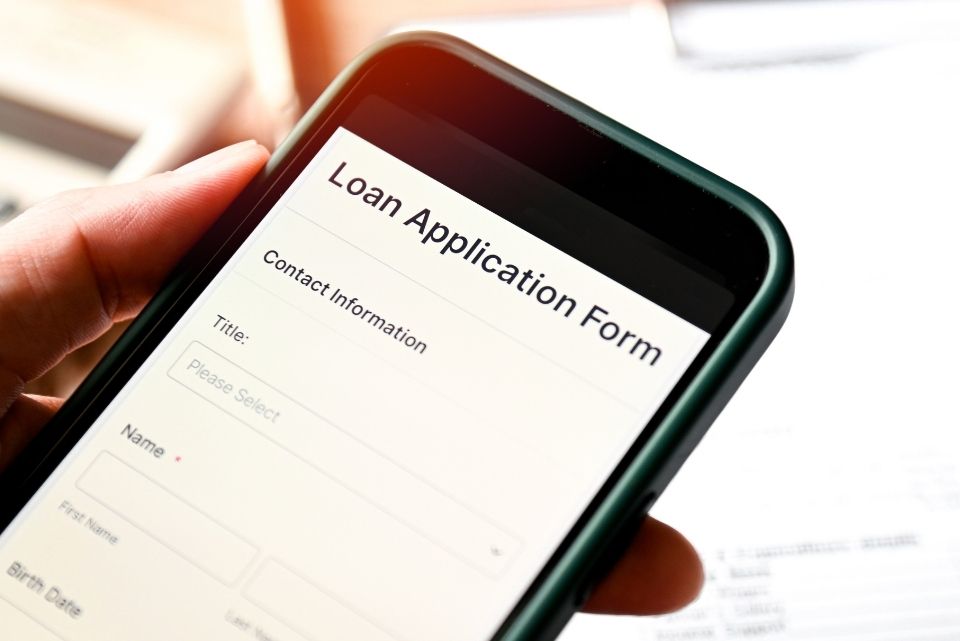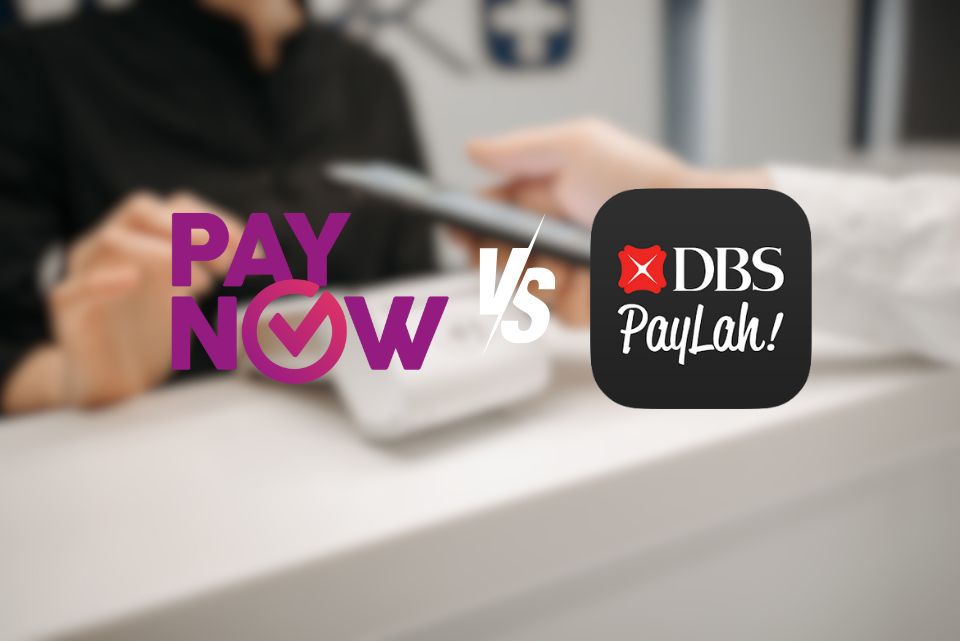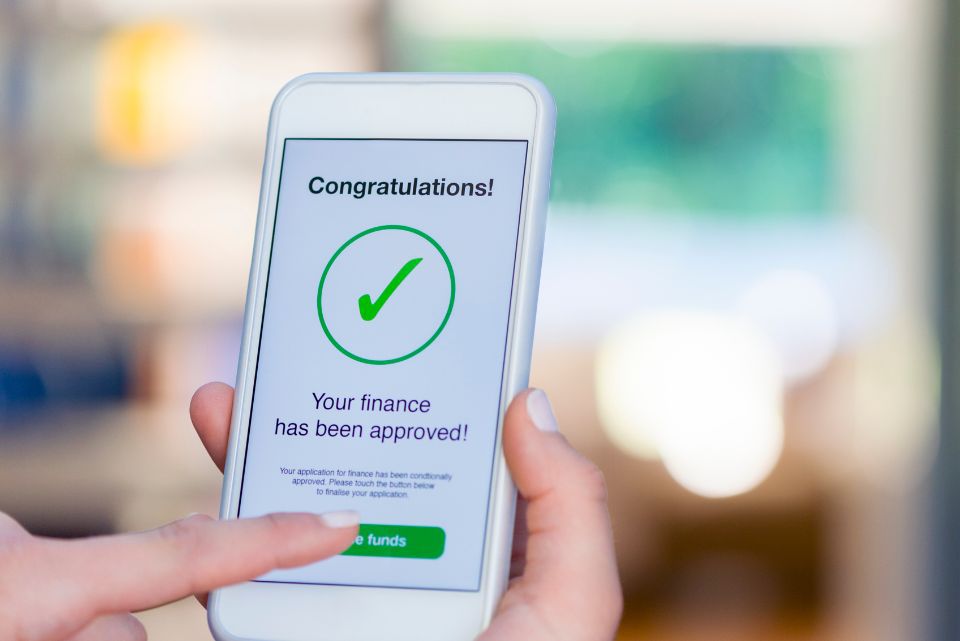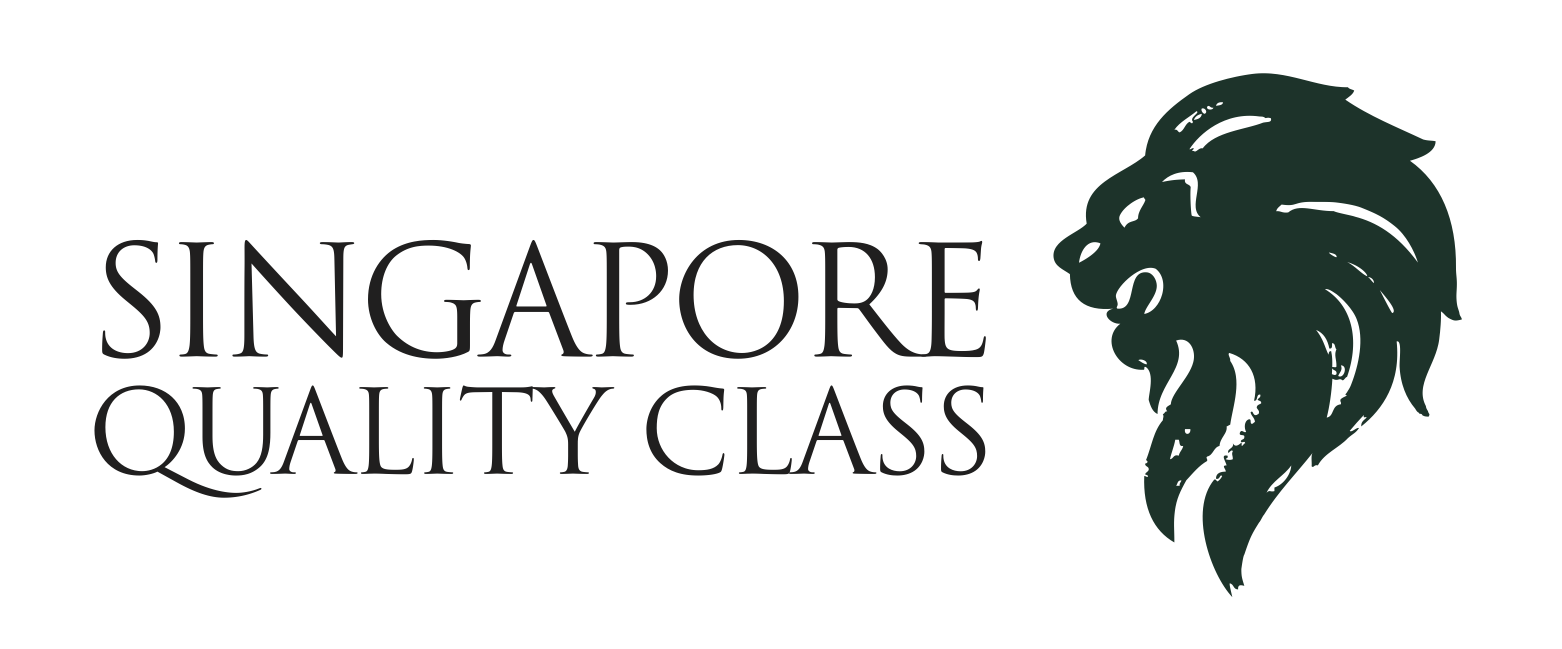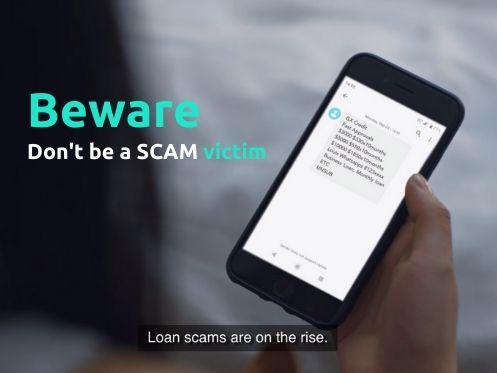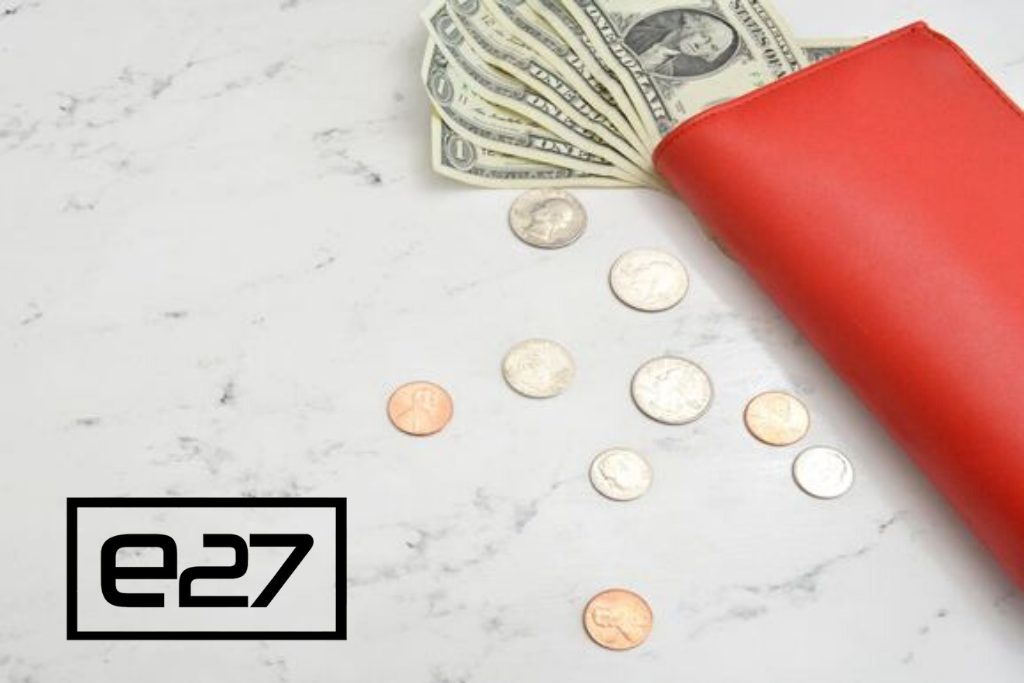
With the reputation that loan sharks in Singapore have, most of us wouldn’t want to deal with them in the first place.
But perhaps desperate times have called for desperate measures. You needed money during a time when no bank or financial institution was willing to offer you a personal loan. With limited options to finance your needs, you’ve decided to consider a money lender’s offer.
But what if you ended up taking up a loan offer from a loan shark Singapore, who is also known as an “ah long”?
There are many risks you expose yourself to when you borrow from a loan shark.
Firstly, you pay exorbitant interest rates compared to any kind of legitimate borrowing. You may also be threatened and harassed to repay the money, or be pressured into taking up more loans to repay one loan with another.
Whether you’ve knowingly or unknowingly ended up “swimming with the sharks”, be sure to stay calm. It’s not too late to take action.
But first, how do you know if you are dealing with loan sharks? And what should you do if you’re dealing with one?
How To Know If You’re Dealing With A Loan Shark In Singapore
Here are 6 ways to differentiate loan sharks in Singapore from licensed moneylenders, so that you can avoid falling prey to them.
1. Loan Sharks Advertise Their Loans Through SMS, Flyers, And Emails
Since it’s already 2020 and we’re all living in the digital age, loan sharks in Singapore are also moving towards “modern tactics”. This includes using social media, phone applications, emails, flyers, cold calls, and SMS to seek out new borrowers.
If you’ve received an SMS or WhatsApp message offering a hassle-free loan process, chances are it’s from a loan shark.
Keep in mind that these are all violations of advertising rules for licensed moneylenders.
Licensed moneylenders can only advertise through the following channels:
- Business or consumer directories
- Their own website
- Inside or outside their business premises, such as the side of the wall, door, shutter, gate, and window
2. Loan Sharks Are Willing To Lend You Any Amount
Another way to spot an unlicensed moneylender is to look at the amount they’re open to lending you.
Chances are they’ll approve any amount without looking at your income level. They won’t even ask for any proof of income such as payslips and income tax statements to verify that you have the means to repay your loan.
On the other hand, there’s a limit to how much you can legally borrow for unsecured loans.
Here’s a table summarising how much you can borrow from licensed money lenders based on your income and nationality.
| Annual income | Singapore Citizens and Permanent Residents | Foreigners living in Singapore |
| Less than S$10,000 | S$3,000 | S$500 |
| At least S$10,000 and less than S$20,000 | S$3,000 | S$3,000 |
| At least S$20,000 | 6 times of monthly income | 6 times of monthly income |
Source: Ministry of Law
3. Loan Sharks In Singapore Charge You Interest Rates Exceeding What’s Legally Allowed
Loan sharks typically get their funds from unidentified sources. They will then lend large amounts of money with the intention of earning through outrageous levels of interest in a short amount of time. These lenders may also call for debt repayment anytime.
On the other hand, licensed moneylenders can only charge a maximum interest rate of 4% a month, regardless of your income or loan amount. And the interest can only be calculated based on the remaining amount to be paid.
Let’s say you take a loan of S$10,000 with an interest rate of 4% per month. If you’ve repaid S$3,000, the interest to be paid will only be calculated based on the remaining amount of S$7,000.
Likewise, the late interest rate that licensed moneylenders can charge is capped at 4% per month. It only applies for the amount that’s repaid late.
For instance, you’ve borrowed a loan of S$10,000 and did not pay the first instalment of S$1,000 on time. This late interest rate can only be charged on this S$1,000.
Apart from the late interest rate, licensed moneylenders can also charge a late fee that’s capped at S$60 per month.
4. Loan Sharks May Charge You A Loan Processing Fee Without Approving Your Loan
Another sure way of checking if the lender you’re dealing with is a loan shark is the fees they charge.
Loan sharks in Singapore may request for a loan processing fee, also known as an admin fee, before approving your loan. These loan sharks may justify this as a mandatory processing fee for all borrowers or even as collateral.
This hidden charge is a red flag. Bear in mind that licensed moneylenders will never ask you to pay anything before you receive your loan.
In fact, licensed moneylenders may only charge an upfront admin fee of up to 10%. This will only be charged when the loan is granted, and will be deducted from the principal amount.
Do take note that the total charges comprising the interest, late interest, admin fee, and late fee cannot exceed the principal amount. So if you’re taking out a loan of S$10,000, the interest, late interest, admin fee, and late fee combined cannot be more than S$10,000.
Should you be unable to repay your loan, do note that licensed moneylenders can also charge you legal costs ordered by the court for loan recovery.
5. Loan Sharks In Singapore Don’t Provide A Loan Contract

It’s common for loan sharks to advertise their services and approve loans through text messages.
A foolproof way of knowing if your money lender is a loan shark is if they don’t offer you a loan contract. Or even if they do, they might ask you to sign a blank or incomplete loan contract. So, always check through the loan contract, thoroughly, if you are given one.
Also, loan sharks may grant your loans remotely over the phone or by SMS without fully explaining the terms and conditions to you.
If you aren’t assured about the terms and conditions or have insufficient detail, cancel your application and cut off contact with them immediately.
It is mandatory for licensed money lenders to issue you a loan contract. The terms and conditions, including repayment schedule, interest rates, and any fees are also supposed to be explained to you in detail. Furthermore, they have to give you a copy of the contract.
Be sure to look out for other contractual terms as well, such as what would happen should you default on your loan.
And while there are licensed moneylenders that give loan pre-approvals over SMS, they still need to verify your identity and particulars at their approved place of business.
With Crawfort, a licensed moneylender, you can get your loan approved via SMS within 8 minutes after submitting your loan application online. But to prevent identity fraud, you’ll still have to go down to the outlet for a face-to-face verification. In addition, they’ll go through with you the loan contract in detail before you sign it and get your loans disbursed.
6. They Use Threats And Abusive Language Against You
Use of threats and abusive language is one of the biggest signs that you’re dealing with a loan shark.
Mdm Low is one of the many victims who fell prey to loan sharks as she mistook them for licensed moneylenders. When she wasn’t able to pay them back on time, their tone would become harsh and they would scold her over SMS and WhatsApp. They also started threatening to kidnap her children.
There are different forms of threats and harassment that begin before you decide to take a loan from loan sharks in Singapore, and they will definitely continue after you’ve borrowed from them.
These “ah longs” in Singapore may carry on with scare tactics for unpaid loans, or even intimidate you by mentioning names of your loved ones, and may harm them if you do not make repayments on time.
In fact there’s been a rise in loan shark harassment cases in Singapore as unlicensed moneylenders are going digital. Not only do they use SMS and WhatsApp to advertise loans, but also to harass borrowers. Such cases include sending borrowers pictures and video clips of flats getting locked up and set on fire.
Other tactics that loan sharks have used recently include sending large amounts of food delivery, as well as recruiting runners to pose as stay-home notice enforcers to harass debtors.
How To Deal With Loan Shark Harassment In Singapore
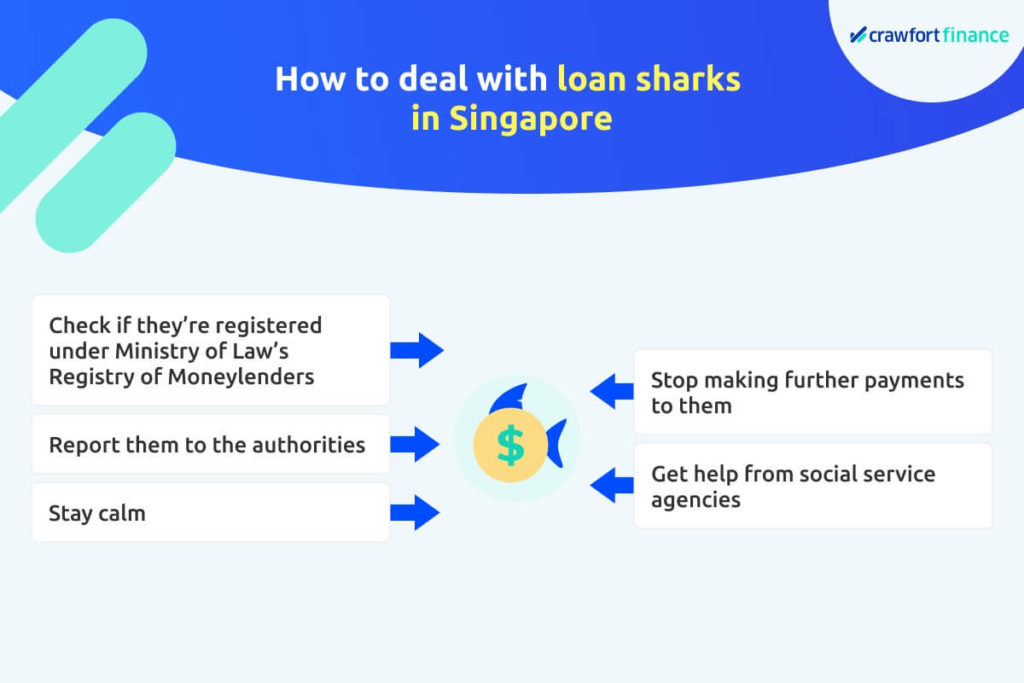
Remember to stay calm and not yield to the threats of loan sharks.
Loan sharks are everywhere and it’s always best to avoid them.
However, if you’ve become entangled with them, here are some ways on how to solve loan shark problems in Singapore.
1. Check Whether They Are Registered Under the Ministry Of Law’s Registry Of Moneylenders
The Ministry of Law oversees all legitimate moneylenders and issues them licenses. Hence, if the money lender you’re dealing with doesn’t operate with a license number and a registered business address, chances are you’re dealing with a loan shark.
However, there are black sheeps in every industry. Any money lender that harasses you is breaking the law.
Besides using threats and abusive language, licensed moneylenders are not allowed to do the following when collecting debts:
- Show up at your house or workplace in groups of more than 5 people, as this is considered an unlawful assembly
- Cause any injury
- Vandalise public spaces such as splashing paint and writing on the wall
- Follow you persistently, which can be considered as unlawful stalking
- Damage or seize your goods without a Writ of Seize And Sale from the Courts
Learn more about what licensed moneylenders in Singapore can’t do.
2. Report Them To The Authorities
Although loan sharks in Singapore resort to intimidation or even violence, they are not above the law.
If you’ve been approached by someone you think is a loan shark or find yourself in danger after engaging with one, contact the police or the X-Ah Long hotline at 1800-924-5664. You can also lodge a complaint with the Registry of Moneylenders at 1800-2255-529.
Alternatively, you can report the loan shark through the Singapore Police Force i-Witness reporting page.
Today, it’s become commonplace to receive SMS or WhatsApp messages from loan sharks. If you happen to find yourself in such a situation, block and report the number as spam immediately.
Beware of these predators, as once you take on services from loan sharks, your number will be circulated to a network of loan sharks. You could then end up in a vicious cycle of borrowing from others contacting you about their services just so you can pay off your existing debts.
This was also what happened to Mdm Low after she first engaged with a loan shark. As she made her initial payments promptly, she was deemed a good payer. But this also led to her number being quickly spread to other loan sharks in Singapore.
When she couldn’t pay the exorbitant interest for the first loan, she started borrowing from another loan shark to repay the first. It got to a point where she ended up taking loans from over 50 loan sharks. What was initially a S$20,000 loan snowballed to S$400,000.
3. Stay Calm And Don’t Yield To Threats And Harassment
It’s important to remain calm and not yield to the threats of loan sharks. If you’ve already informed the authorities, it’s best to leave things in their hands as they are better equipped to deal with loan sharks in Singapore.
You should also avoid showing loan sharks that their harassment and intimidation is working, as this could only make them braver and put you at more risk of getting into trouble.
Under any circumstances, do not agree to do anything for them. This includes assisting them and allowing them to use your bank or ATM card, as well as being a runner to harass other debtors.
For assisting loan sharks by allowing them to use a bank account or ATM card to facilitate a transaction, first time offenders can be charged with the following:
- Jail term of up to 5 years
- Fine of between S$5,000 and S$50,000
- 3 to 6 strokes of the cane
First time offenders found to have committed or attempted any act of harassment can be charged with the following:
- Jail term of up to 5 years
- Fine of between S$5,000 and S$50,000
- 3 to 6 strokes of the cane
You should also change any personal information that the loan sharks may have to avoid any further harassment. This includes changing your phone number, social media accounts, and bank account login details.
4. Stop Making Further Payments To The Loan Sharks
After reporting your situation to authorities, it should be safer for you to stop making further payments for your debt.
Loan sharks sometimes frighten borrowers by saying they’ll be prosecuted and even sent to prison if they don’t pay up. However, since loan sharks are transacting illegally, they don’t have the right to receive payments or lend money in the first place.
5. Get Help From Social Service Agencies
If you’re having financial difficulties and need help dealing with loan shark problems, you can also seek help from some of these social service agencies:
| Social service agency | Contact number |
| Credit Counselling Singapore | 6225 5227 |
| MSF ComCare | 1800 222 0000 |
| Association of Muslim Professionals | 6416 3960 |
| Adullam Life Counselling | 6659 7844 |
| Arise2Care Community Services | 6909 0628 |
| Blessed Grace Social Services | 8428 6377 |
| One Hope Centre | 6547 1011 |
| Silver Lining Community Services | 6749 0400 |
Go For Credit Counselling
Consider going for credit counselling if you have trouble managing your debt. During the session, a credit counsellor will advise you on how to manage your debt and negotiate with your creditors on a repayment plan.
Thinking of going for credit counselling? Learn all you need to know about it here.
Apply For Financial Assistance
If you need temporary and urgent financial assistance, you may also consider approaching the Ministry of Social and Family Development’s (MSF) ComCare which offers the ComCare Interim Assistance.
Do note that in order to qualify for it, you’ll need to meet the following criteria:
- Singapore Citizen or Permanent Resident, in which at least one immediate family member in the same household is a Singaporean, and
- Have a household income of at most S$1,900, or a per capita household income of at most S$650











